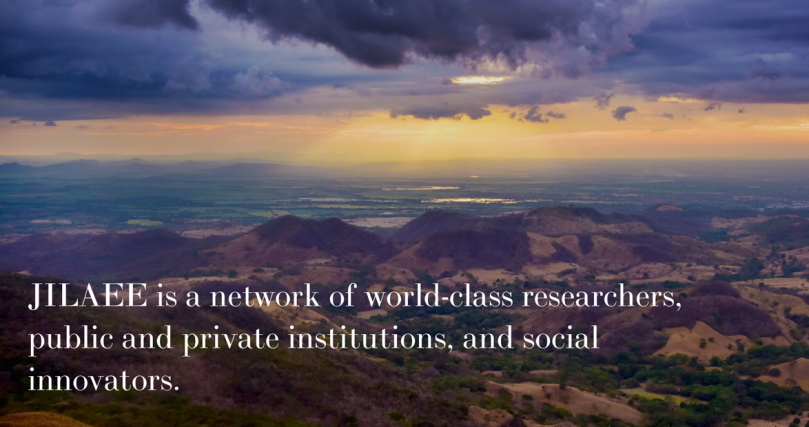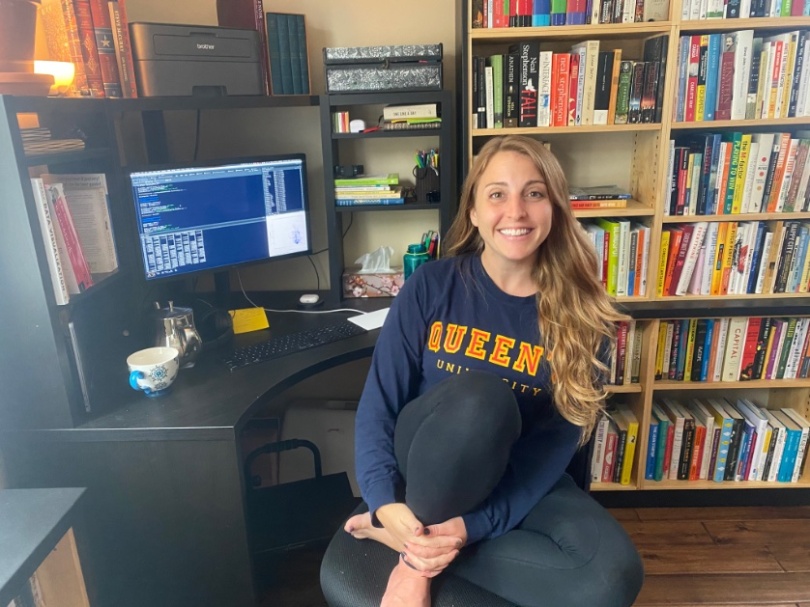This QED Spotlight article by Brock Mutic (JDI Research Associate) presents research by QED Professor Beverly Lapham and PhD Candidate Daniel Teeter.
It is widely agreed upon by economists that intra-national trade frictions—barriers to seamless trade between regions within a country—can impact a country’s economic performance. In the Canadian context, as each province and territory has its own regulatory environment and particular trade rules, provincial borders—in addition to being geographic—are also frictional and affect the flow of goods and services within the country. Understanding the size of inter-provincial trade frictions in reality, and their effect on the flow of trade in Canada, is an important question for understanding their costs to the Canadian economy. Queen’s Economics Department Professor Beverly Lapham recently teamed up with QED Ph.D. candidate Daniel Teeter to study this important issue in a recent QED Working Paper, where the team used a state-of-the-art gravity analysis to examine the size and importance of inter-provincial trade frictions in Canada between 1997 and 2019. Their research ultimately produced insightful and policy-relevant results.
Read More »




